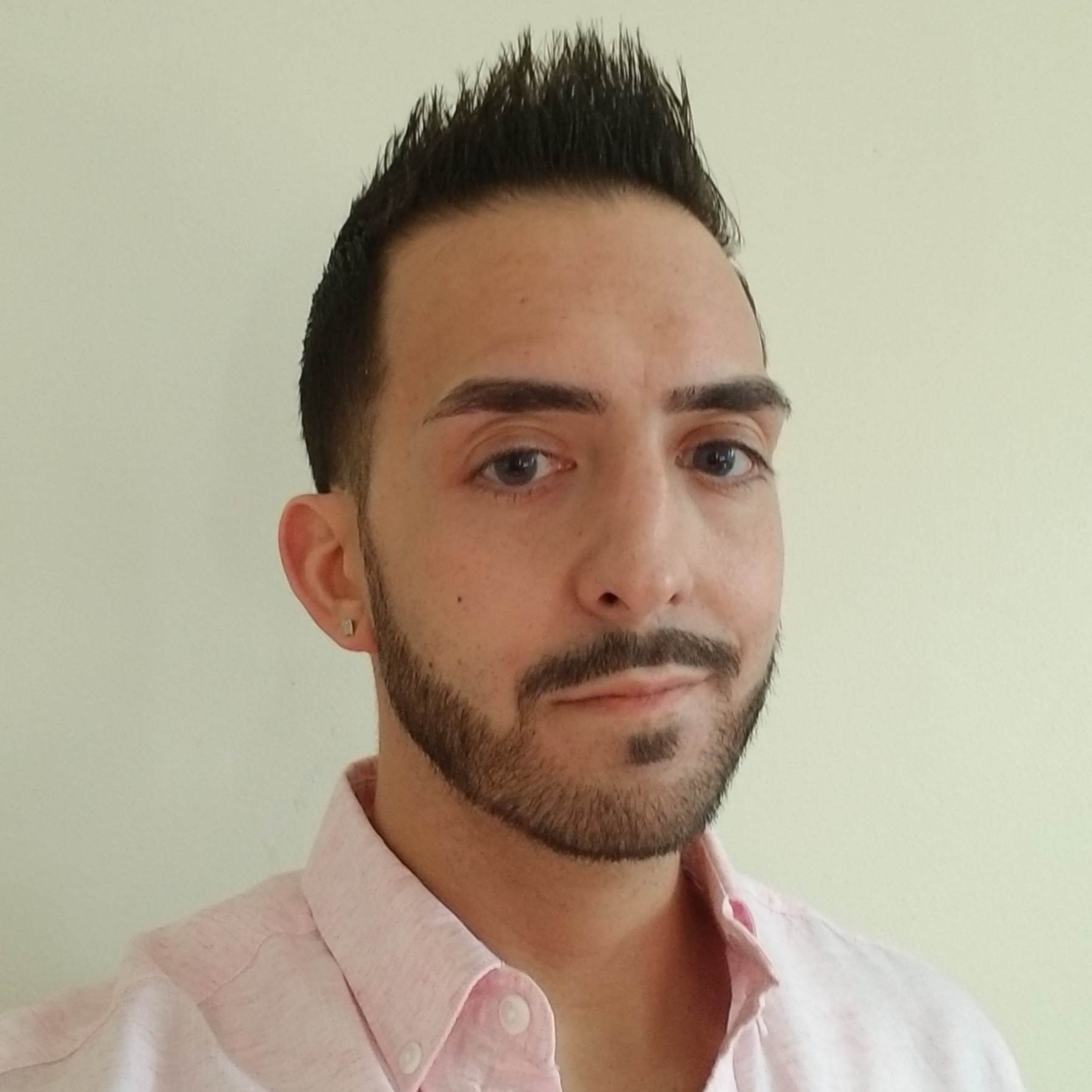Types of CBD: Full Spectrum vs Broad Spectrum vs Isolate
- Chris Thistle

- Dec 27, 2019
- 4 min read
Updated: Jan 2, 2020
Not all CBD is created equal
With so many different types of CBD on the market, it can be helpful to know how your CBD products are made.
Isolate, full spectrum, and broad spectrum are the three most common types of CBD, and they’re each created with a different extraction method.
If you’re not sure which type is best for you and your needs, this article will cover the extraction process, concerns about drug testing, the entourage effect, and the benefits of whole plant medicine.
After reading all the way through, you’ll be ready to make informed decisions when shopping for CBD here at Thistle Therapies.

Explaining Extraction
CBD is one of the most abundant, naturally-occurring compounds in the hemp and cannabis plants. Unlike the THC compound, CBD is non-intoxicating, meaning it won’t get you “high.”
While THC is still illegal in many states, CBD products that contain less than 0.3% THC are federally legal and nationally available.
Extraction is the process that turns the whole hemp plant into a CBD product, whether that’s CBD oil, topicals, tinctures, sublingual sprays, etc.

Isolate, Full spectrum, Broad Spectrum: The Different Types of Extraction
These different types of CBD refer to a plant’s cannabinoid profile.
Isolate CBD
Isolate refers to an extraction process that, you guessed it, isolates CBD from the rest of the compounds in the cannabis plant.
After CBD concentrate is extracted and separated from the rest of the compounds in the plant, it then goes through a winterization process, which extracts any remaining waxes, terpenes, or cannabinoids. This creates a CBD product that tests as high as 99.9% pure CBD.
Full Spectrum CBD
Full spectrum CBD, on the other hand, extracts a full profile of beneficial cannabinoids and terpenes from the cannabis plant. Sometimes referred to as whole plant CBD, full spectrum will contain trace amounts of THC (up to 0.3%), but nowhere near enough to get you “high.”
Note: While full spectrum CBD and whole plant CBD are very similar, whole plant CBD is less refined than full spectrum and will contain fats, waxes, and other fibrous materials from the hemp plant.
Broad Spectrum CBD
Broad spectrum CBD is the middle ground option between isolate and full spectrum CBD. It begins as a full spectrum oil, with the full range of beneficial cannabinoids and terpenes, but it then goes through a refinement process to remove all THC compounds.

The best extraction method if you’re concerned about drug tests
Although it’s a rare occurrence, there are emerging reports of people failing drug tests after consistently using lower quality CBD products.
A 2017 showed that 70% of the CBD products that the researchers tested were mislabeled.
It’s possible that the CBD users who failed drug tests were unknowingly consuming small amounts of THC that were not listed on product labels. Or, if they were consistently using full-spectrum products, the trace amounts of THC accumulated over time, causing them to fail the test.
If passing a drug test is a top priority for you, CBD isolate is your safest bet.
It’s always a good idea to check with the company you’re buying from that the product is 99.9% pure CBD, so that you ensure you aren’t consuming any trace amounts of THC.
Ask to see lab reports for isolate products, and a reputable brand will be more than happy to share those with you. At Thistle Therapies, all of the products we carry have been double or triple third-party lab-tested for purity, potency, and dosing accuracy.

The best extraction method if you want whole plant benefits
If drug tests aren’t a concern and you’re looking for the most effective way to consume CBD, full spectrum CBD could be ideal.
Because full spectrum CBD contains the full profile of beneficial compounds in the cannabis plant, it creates what is known as the "entourage effect". Researchers of the "entourage effect" have found the therapeutic effects of cannabis are most powerful when the whole plant is used and all beneficial compounds synergistically work together.
CBD isolate will not produce the entourage effect, and it may be trickier to find your most effective dose with isolate.
In fact, Canadian researchers found that CBD isolate has a minimum and maximum threshold of effectiveness. This means you must take a certain amount (minimum threshold) for it to be effective, and there’s a limit of what you can consume in a day (maximum threshold), before the beneficial effects rapidly wear off.
They found that full spectrum CBD did not show the same minimum and maximum threshold of effectiveness.
Because the whole plant is being used, the entourage effect in full spectrum CBD creates a more effective, therapeutic product. This is where the foundation of Thistle Therapies was built. People who have to get drug tested for work, such as police officers, firefighters and surgeons should be able to experience the same benefits as someone who can use full spectrum CBD without risk of losing their career.
So which extraction method is right for you?
Finding the right type of CBD for you depends on several factors.
Whether you’re concerned about cost, effectiveness, or passing drug tests, familiarizing yourself with the different cannabinoid profiles of these 3 types of CBD will allow you to know what’s inside the CBD you’re buying and how it will interact with your body to bring you balance and relief.
.png)



Comments